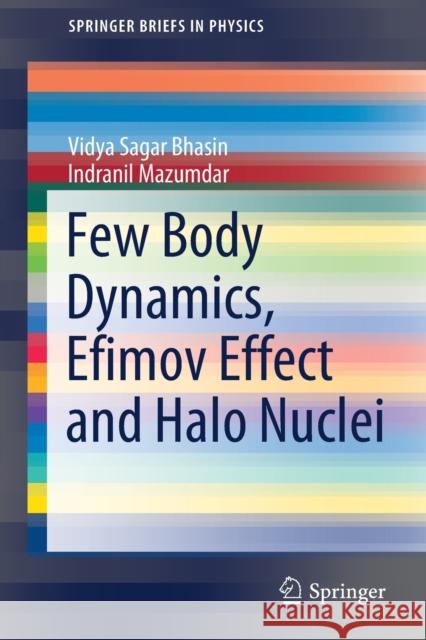Few Body Dynamics, Efimov Effect and Halo Nuclei » książka
topmenu
Few Body Dynamics, Efimov Effect and Halo Nuclei
ISBN-13: 9783030561703 / Angielski / Miękka / 2020 / 127 str.
Kategorie BISAC:
Wydawca:
Springer
Seria wydawnicza:
Język:
Angielski
ISBN-13:
9783030561703
Rok wydania:
2020
Wydanie:
2021
Numer serii:
000417619
Ilość stron:
127
Waga:
0.22 kg
Wymiary:
23.39 x 15.6 x 0.81
Oprawa:
Miękka
Wolumenów:
01
Dodatkowe informacje:
Wersja skrócona
Wydanie ilustrowane
Wydanie ilustrowane











